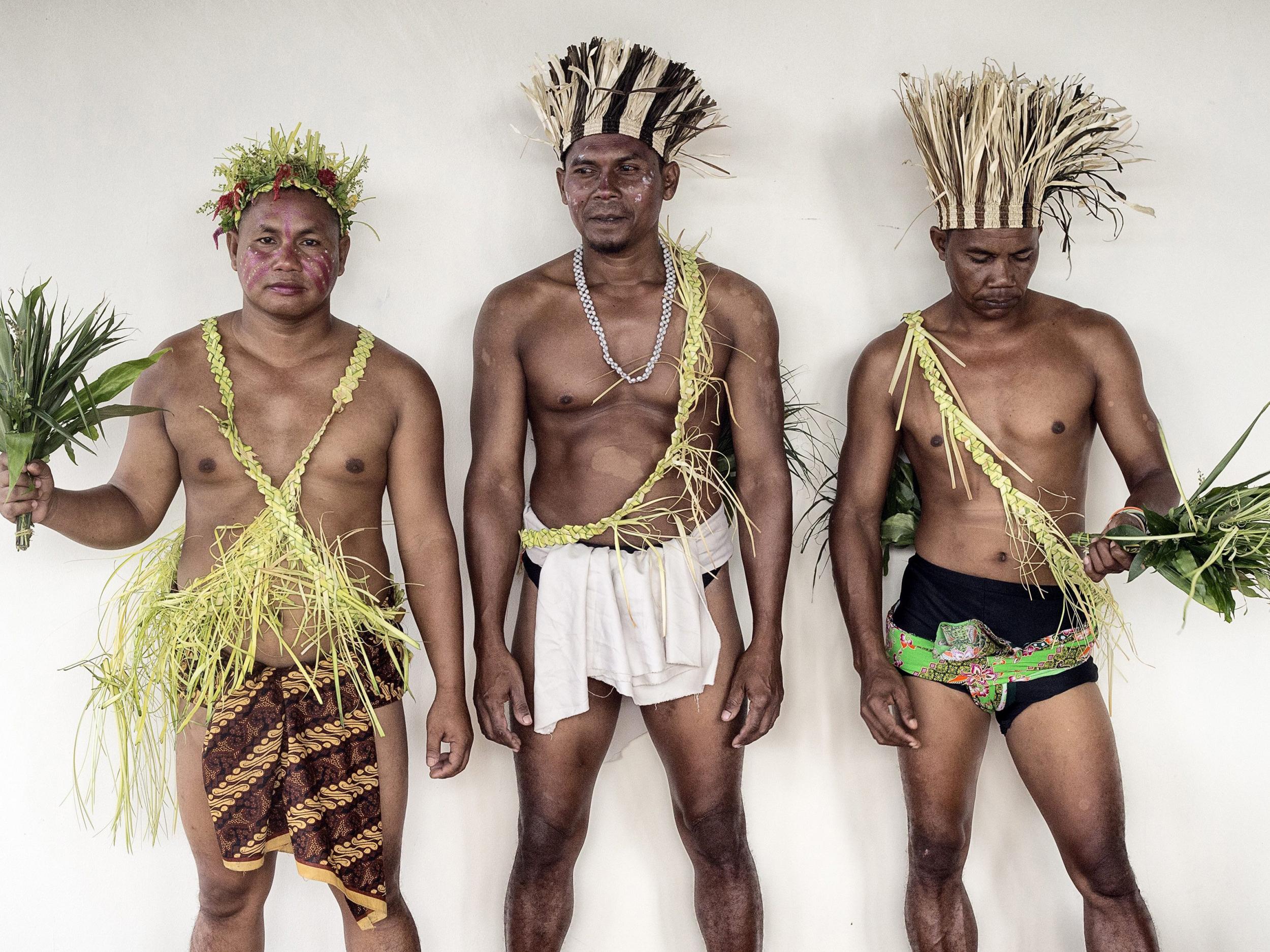Hunter-gatherer people in Malaysia have ‘special’ sense of smell, says study
Scientists use languages of indigenous groups to understand their sensory perception of the world

Your support helps us to tell the story
From reproductive rights to climate change to Big Tech, The Independent is on the ground when the story is developing. Whether it's investigating the financials of Elon Musk's pro-Trump PAC or producing our latest documentary, 'The A Word', which shines a light on the American women fighting for reproductive rights, we know how important it is to parse out the facts from the messaging.
At such a critical moment in US history, we need reporters on the ground. Your donation allows us to keep sending journalists to speak to both sides of the story.
The Independent is trusted by Americans across the entire political spectrum. And unlike many other quality news outlets, we choose not to lock Americans out of our reporting and analysis with paywalls. We believe quality journalism should be available to everyone, paid for by those who can afford it.
Your support makes all the difference.Hunter-gatherers who live off the land in the forests of Malaysia are far more in tune with their sense of smell than less mobile peoples, a new study has found.
Research exploring differences between the languages used by the indigenous peoples showed they used them as a window into their sensory worlds.
The results suggest the reduced importance of smelling – known as “olfaction” – is a recent consequence of humanity becoming more settled.
“Hunter-gatherers’ olfaction is superior, while settled peoples’ olfactory cognition is diminished,” said Professor Asifa Majid of Radboud University, who co-authored the study which is published in the journal Current Biology.
The work builds on a previous study that found the Jahai people of Malaysia have an unusually complex understanding of smells, as demonstrated by the number of words they have for a variety of odours.
“There has been a long-standing consensus that ‘smell is the mute sense, the one without words,’ and decades of research with English-speaking participants seemed to confirm this,” said Professor Majid, who specialises in language research.
“But, the Jahai of the Malay Peninsula are much better at naming odours than their English-speaking peers. This, of course, raises the question of where this difference originates.”
Professor Majid and her collaborator Dr Nicole Kruspe of Sweden's Lund University decided to study two other indigenous groups from the Malay Peninsula, the Semaq Beri and the Semelai.
The Semelai are horticulturalists and rice farmers, while the Semaq Beri – like the Jahai – are hunter gatherers.
While they live in similar environments, and speak fairly similar languages, the researchers wanted to find out if the different lifestyles of these indigenous groups had an impact on their understanding of smells.
The researchers tested the colour- and odour-naming abilities of 20 Semaq Beri and 21 Semelai people.
Like the Jahai, the hunter-gatherer Semaq Beri were able to name smells with ease in the same way they named colours, whereas the non-hunter-gatherer Semelai struggled to name smells.
These findings are supported by cultural observations of the Semaq Beri, who consider odour to be so important that social spaces are carefully managed to avoid inappropriate mixing of individuals’ personal odours.
If a brother and sister sit too close together, for example, it is considered incest due to the combination of odours.
Professor Majid and Dr Kruspe these findings confirmed that a hunter-gatherer lifestyle brings with it an increased sensory ability, contradicting the idea that the structure of the brain is alone in determining sense of smell.
“For the hunter-gatherer Semaq Beri, odour naming was as easy as colour naming, suggesting that hunter-gatherer olfactory cognition is special,” the scientists wrote.
The scientists now want to establish whether this ability is found universally in hunter-gatherer populations around the world, and whether there are any genetic differences between different groups determining sense of smell.
Join our commenting forum
Join thought-provoking conversations, follow other Independent readers and see their replies
Comments